by Jeremy Appel, Local Journalism Initiative Reporter
(ANNews) – The Edmonton Police Service is accepting recruits for its new Nîsohkamâkewin Council, which its civilian director says is an effort to engage Indigenous communities in combating systemic racism.
EPS Indigenous equity advisor Andrea Levey says the council is a revamp of the force’s previous Indigenous Liaison Committee. They’re looking to add up to eight new members to the former committee’s team of 10.
“We created this new structure that would be much more specific, in terms of the implementation and addressing systemic change, versus engagement and knowledge transfer for communities,” said Levey.
“As Indigenous peoples, we’ve presented to governing, authoritative bodies for so long with our concerns and solutions in the form of these inquiries, reports and commissions, and yet a lot of policing agencies haven’t adopted them.”
To that end, the council seeks to have police implement the relevant sections of the Truth and Reconciliation Committee and Missing and Murdered Indigenous Women reports.
The end goal, Levey says, is the “Indigenization of a policing institution.”
“It’s the reclamation of Indigenous cultures, worldviews (and) perspectives within a colonial institution. It’s the way that we engage with police members as Indigenous peoples. It’s the way that police engage with Indigenous people out in the community,” says Levey.
In addition to seeking perspectives from Indigenous community members on policing in Edmonton, the council will look at specific policy changes, she added.
“This is about bringing in the community and getting direction from the community on what to do,” Levey said.
In Cree, Nîsohkamâkewin means “the act of helping.”
The council plans to start up by March, after which work will begin on an implementation plan that will include a timeline to measure progress. Levey says she expects the entire process to take three years.
The Nîsohkamâkewin Council has the full support of EPS chief Dale McFee, who is himself Métis.
Edmonton-based criminal defence lawyer Tom Engel says he believes McFee is genuinely committed to addressing systemic racism in the force, but cautions that these efforts won’t be effective unless they’re backed up with significant action, including tough disciplinary action against bad cops.
“If no reforms come out of it, then it’s a waste of time,” said Engel. “While what the chief is doing is a good thing, I’m somewhat pessimistic that it will result in changes.”
He points to the K9 unit officers who shared racist posters they had put up in their locker room and received “restorative justice” instead of punishment only after the posts were leaked to the media in August. Engel says this sends the wrong message to racialized people.
“That locker room is available to all members of the K9 unit, including the sergeant in charge, as well as members of the upper brass who would’ve been there. It’s a pretty brazen thing, which indicates a deeper cultural problem in that unit,” said Engel.
“To me, they should have been hauled off to a disciplinary hearing and … fired. That’s the sort of thing that sends a message to the Indigenous community and the black community that this type of behaviour won’t be tolerated.”
Those seeking to volunteer with the council can contact Levey at [email protected] by Jan. 31. Successful candidates will be decided by a panel by mid-February.

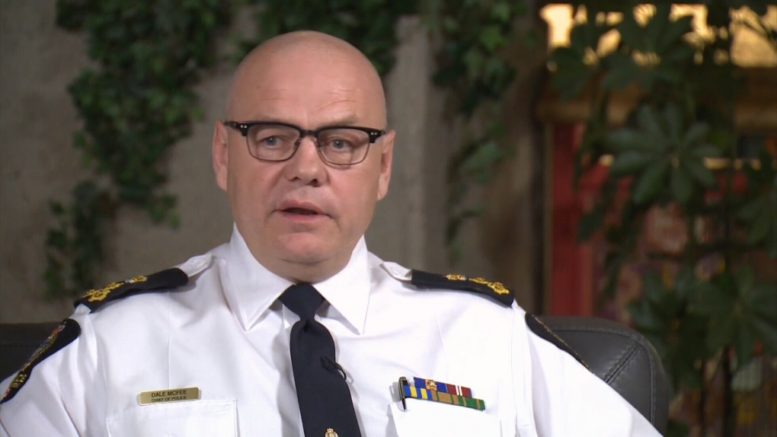

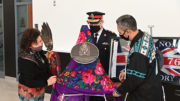
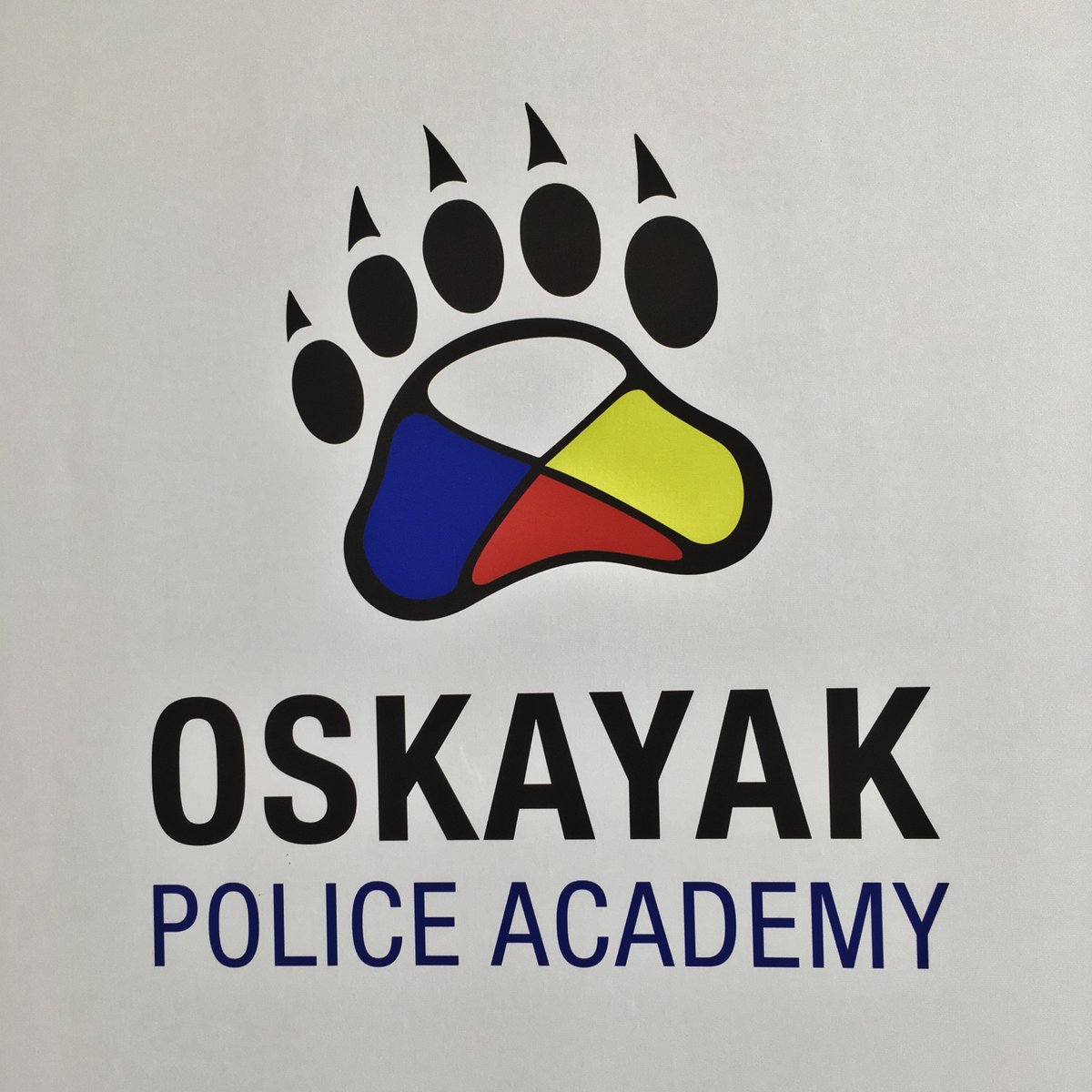
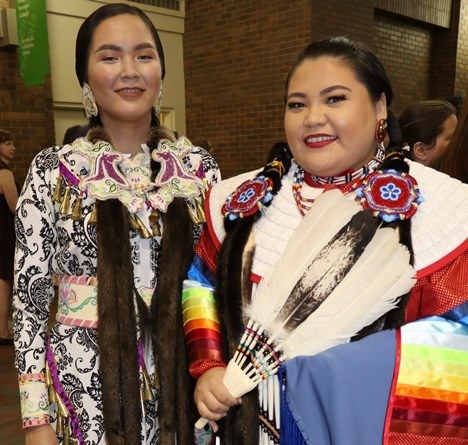
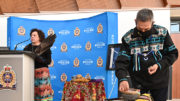
Be the first to comment on "EPS aims to tackle systemic racism with Nîsohkamâkewin Council and is seeking new members"